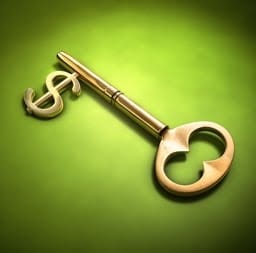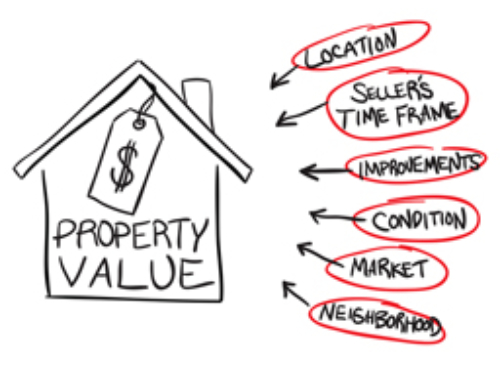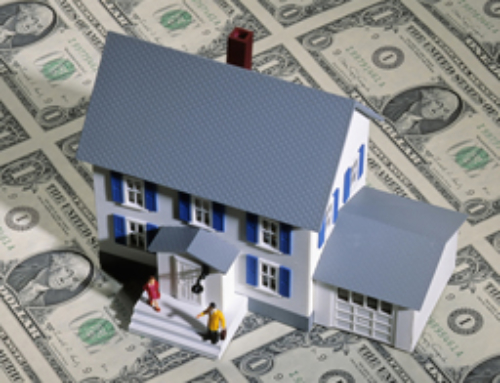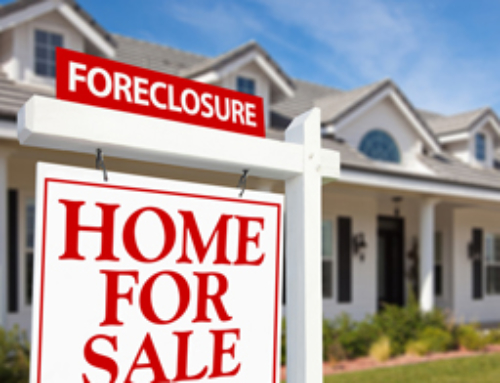 Strategic Default: The Consequences of Not Paying Your Mortgage
Strategic Default: The Consequences of Not Paying Your Mortgage
When companies take on more debt than they can afford, they typically walk away from some of it to better balance income and expenses. Walking away from certain debts in order to shore up your balance sheet is called “strategic default.” The word “strategic” is used because the company is pursuing a financial strategy in order to strengthen its finances.
Here’s an example: The Mortgage Bankers Association built a beautiful new headquarters in Washington, D.C., several years ago, and then found it couldn’t afford its mortgage. So the nonprofit association turned the keys over to the lender and walked away from the property.
Walking away from a property is considered a strategic default and happens in corporate America all the time. And it’s considered a perfectly legitimate way of doing business.
Must be nice to be a corporation. When homeowners decide they no longer can afford their mortgage and turn over the keys to the lender, they’re often castigated for not living up to their moral responsibility to pay off their mortgage.
But is a mortgage a moral agreement or a business transaction? In the mortgage documents, you pledge your property as collateral for getting the loan. In other words, if you fail to make your mortgage payments, the lender can seize your property.
A new wrinkle in the foreclosure process is that more homeowners are simply walking away from their mortgages even if they could continue to make the payments. Strategic default has become more accepted as loan modifications have become difficult to get, and as the dramatic drop in home prices has put homeowners in a situation where their homes are worth less—far less, in some cases—than the mortgage balance still owed, commonly referred to as being underwater.
Homeowners have come to the conclusion that they can buy another home for far less than theirs is worth. In cases where their principal residence is way underwater, some have simply gone ahead and bought a replacement home and then stopped making payments on the mortgage for their current residence.
Banks and mortgage lenders are terrified of strategic default. Roughly 25 percent of all homes are worth less than the mortgage amount. If all of those property owners defaulted on their mortgages, it would throw the entire housing industry into chaos.
(On the other hand, if lenders were really that terrified of a massive strategic default by fourteen million homeowners, they might be more generous with loan modifications.)
To encourage homeowners to keep paying their mortgages, lenders have said that the consequences of foreclosure and strategic default will be a severe kick to your credit report.
Homeowners who default and go into foreclosure will not be able to get a new home loan for two to five years, depending on the circumstances. Your credit score will drop significantly, though by how much depends on what else is going on in your credit history.
Still, for those homeowners who believe they’ll stay in their next home for five to ten years, doing a strategic default to get out from under a property that is 20 to 50 percent underwater might make some sense. You just have to understand the financial consequences of not paying your mortgage.
Ilyce Glink is a best-selling author, real estate columnist, and web series host. She is the managing editor of the Equifax Finance Blog and CEO of Think Glink Media. Follow her on Twitter: @Glink
READ MORE:
4 Tips for Buying a HUD Home
Buying a New Home? Here Are 5 Things Your Builder Won’t Tell You
Reverse Mortgages: What’s New
Zero Down Home Loan Options






